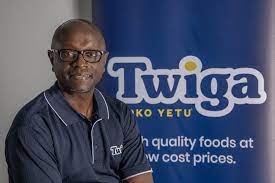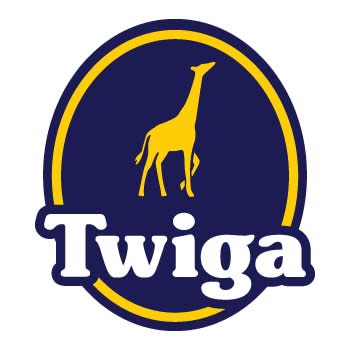Nairobi-based agritech company Twiga Foods has named Charles Ballard its new CEO, starting May 1.
In his new job, Charles Ballard, a well-known figure in e-commerce, brings much knowledge from working in retail and financial services.
With a lot of experience in the company, he comes to Twiga Foods from Jumia Kenya, where he was CEO most recently. Leading roles included Senior Vice President-Commercial, Chief Operating Officer, and Head of Performance & Planning.
Read also: Jumia appoints Sunil Natraj as new CEO for Nigeria
Charles Ballard’s previous role before Jumia
Charles was a researcher at Sagaci Research before he joined Jumia in 2019. He worked on retail and e-commerce projects in more than 15 African countries.
In addition, he was the deputy chief financial officer at ACTED, a humanitarian NGO that worked in 40 low-income countries around the world. Charles started his work in Mergers & Acquisitions. He learned a lot in Paris and Hong Kong.
A Master’s degree from the ESSEC Business School in France and a BSc in International Development from the London School of Economics (UoL/LSE) in the UK are two exciting things about him.
Chairman addresses Twiga Foods New CEO
“We are delighted to welcome Charles as our new Chief Executive. His deep understanding of the Kenyan e-commerce and retail landscape, his proven operational grip, his entrepreneurial drive, and his passion for the Twiga Foods opportunity make him the ideal leader to steer Twiga into its next phase of growth and success,” Hein Pretorius, Chairman of Twiga’s board of directors, said.
Ballard’s hiring comes when Twiga Foods wants to improve Kenya’s farming industry. For the company’s future growth, his knowledge of e-commerce and African markets will be put to good use.
Twiga said Ballard has worked in e-commerce, retail, and banking services for more than 15 years, with nine of those years spent in the Kenyan market.
Supported by Twiga’s other senior leaders, he will be in charge of all parts of the company’s business. This will help Kenya’s biggest agri-tech company reach its goal of changing food supply chains in Africa.
Read also: Jumia Food abandons Nigeria, other African countries
In 2013, he and Grant Brooke started the business-to-business (B2B) marketplace. After quitting as CEO, he left the board of directors in January, letting foreign investors run the business.
After he quit, he said he would be taking a six-month break after “an intense 2023” to focus on personal issues.
The event happened after cloud services provider Incentro Africa sued Twiga for $261,878 (Ksh.35 million at current exchange rates) in unpaid bills. The case was later settled for a stated $35 million (Ksh.4.7 billion) round.
Because of a rough year for the company in 2023, it fired over a third of its staff in August.



